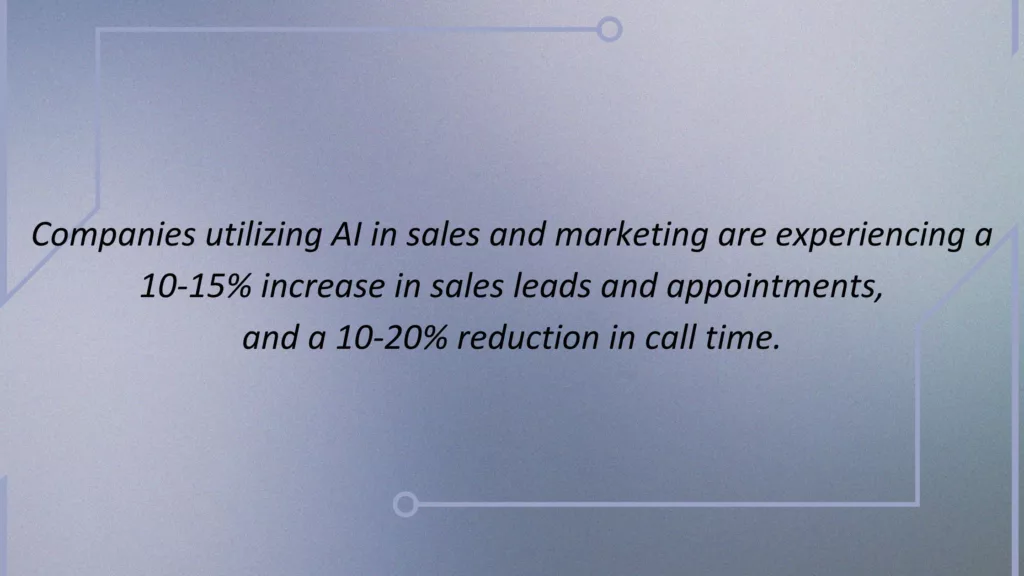Blog Details
5 Ways AI/ML is Transform CRM in the Insurance Industry for Predictive Insights
In the competitive landscape of the insurance industry, staying ahead necessitates leveraging advanced technologies like AI/ML. These groundbreaking tools are reshaping Customer Relationship Management (CRM), offering predictive insights that empower insurance companies to anticipate customer needs, streamline operations, and drive profitability.
In this blog, we explore the pivotal role of AI/ML in transforming CRM within the insurance sector, uncovering five key ways these technologies are driving unprecedented success.
1. Enhancing Customer Engagement
In today’s fiercely competitive insurance market, customer engagement is paramount for success. AI/ML-driven CRM systems analyze vast amounts of customer data, enabling insurers to personalize interactions, tailor offerings, and predict needs accurately. By understanding customer preferences and behaviors, insurers can cultivate stronger relationships, foster loyalty, and drive retention.
By 2024, Gartner predicts a 25% adoption rate of virtual customer assistants or chatbots in customer service operations, a significant increase from the 2% recorded in 2017.
Incorporating AI-powered chatbots on the insurance company’s website can provide instant assistance and personalized recommendations based on customer inquiries. These chatbots utilize machine learning algorithms to understand customer queries and respond with relevant information or guidance. For example, if a customer visits the website seeking information about different insurance plans, the chatbot can analyze their preferences, demographic data, and browsing history to recommend the most suitable options tailored to their needs. This enhances customer engagement by offering real-time assistance and personalized interactions, leading to increased satisfaction and loyalty.
2. Optimizing Sales and Marketing Efforts
AI/ML-powered CRM platforms revolutionize sales and marketing strategies by providing actionable insights into customer behavior and preferences. By analyzing data from various touchpoints such as social media, emails, and website interactions, insurers can identify promising leads, personalize marketing campaigns, and optimize sales processes for maximum efficiency and effectiveness.

AI/ML algorithms can analyze vast amounts of customer data to predict future buying behaviors and preferences. Insurers can leverage this insight to target specific demographics with tailored marketing campaigns, increasing the effectiveness of their sales and marketing efforts. By understanding customer preferences and behavior patterns, insurers can deliver personalized offers and promotions, driving higher conversion rates and revenue growth.
3. Improving Risk Assessment and Underwriting
Effective risk assessment and underwriting are fundamental to the insurance industry. AI/ML algorithms analyze extensive datasets to assess risks accurately, identify patterns, and predict future outcomes. By leveraging advanced analytics, insurers can streamline underwriting processes, minimize risks, and make data-driven decisions that enhance profitability and sustainability.
Implementing AI/ML models to assess policyholder risk profiles more accurately can revolutionize risk assessment and underwriting processes. By analyzing historical data and identifying complex patterns, AI algorithms can provide insurers with more precise risk assessments, enabling them to make data-driven underwriting decisions. This leads to reduced risk exposure, improved pricing accuracy, and better overall profitability.
4. Enhancing Fraud Detection
Insurance fraud poses a significant threat to profitability, integrity, and customer trust. AI-powered CRM systems employ sophisticated algorithms to detect suspicious patterns, anomalies, and potential fraudulent activities in real-time. By flagging fraudulent claims early, insurers can mitigate losses, reduce operational costs, and safeguard their reputation.
AI-driven fraud detection systems can analyze claim patterns and detect anomalies indicative of fraudulent activities in real-time. By leveraging machine learning algorithms to identify suspicious behaviors and transaction patterns, insurers can mitigate losses and protect against fraudulent claims. Early detection of fraudulent activities helps insurers take prompt action, reducing financial losses and preserving the integrity of the insurance system.
5. Streamlining Claims Processing
Efficient claims processing is essential for delivering exceptional customer experiences and maintaining a competitive edge. AI-driven CRM systems automate and streamline claims processing workflows, reducing manual intervention, minimizing processing times, and improving accuracy. By leveraging AI to assess claims, insurers can expedite settlements, enhance customer satisfaction, and optimize resource allocation.
Utilizing AI-driven optical character recognition (OCR) technology can streamline the claims processing workflow by automating data extraction from claim documents. OCR technology can accurately extract information such as policy numbers, claim amounts, and relevant dates from scanned documents, reducing manual intervention and processing times. This automation improves efficiency, reduces errors, and enhances the overall claims processing experience for both insurers and policyholders.
In conclusion, AI/ML are revolutionizing CRM within the insurance industry, empowering companies to unlock unprecedented success. From enhancing customer engagement and optimizing sales efforts to improving risk assessment and streamlining claims processing, these transformative technologies offer a myriad of benefits. By embracing AI-powered CRM solutions, insurance companies can stay ahead of the curve, drive profitability, and deliver exceptional customer experiences in today’s dynamic marketplace.


